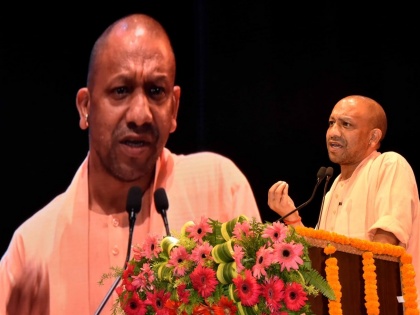Yogi implements LADCS to provide free legal aid to poor
By IANS | Published: June 22, 2023 01:48 PM2023-06-22T13:48:04+5:302023-06-22T14:00:09+5:30
Lucknow, June 22 The Yogi Adityanath government has implemented the Legal Aid Defence Counsel System (LADCS) under the ...

Yogi implements LADCS to provide free legal aid to poor
Lucknow, June 22 The Yogi Adityanath government has implemented the Legal Aid Defence Counsel System (LADCS) under the Uttar Pradesh State Legal Services Authority for a period of two years to provide free legal assistance to the people of the state and resolve minor disputes among them by working out a compromise formula.
According to the government spokesman, the objective of the government behind implementing LADCS is to strengthen court-based legal services in order to provide effective and competent legal assistance to the weak and vulnerable sections of society.
The state government has appealed to the public of the state to make the most of this system so that legal assistance can be provided to them in criminal cases on the lines of the public defender system.
Through the LADCS system, legal assistance will be provided to the general public at the levels of chief, deputy, and assistant counsels.
LADCS aims to provide qualitative and competent legal services to eligible individuals in criminal cases. This will benefit members of Scheduled Castes and Scheduled Tribes (SC&ST).
LADCS will benefit numerous individuals including women, daughters, and children who are victims in the state, individuals affected by disabilities such as blindness, leprosy, deafness, mental weakness, etc, and nomadic individuals, industrial workers, juvenile delinquents (boys up to the age of 18), and persons detained in custody.
The beneficiaries will also include individuals affected by calamities, caste violence, class-based discrimination, floods, droughts, earthquakes, or industrial disasters, mentally ill individuals admitted to a safe house, mental hospital, or nursing home, and individuals with an annual income of less than Rs 3 lakh.
amita/uk/
Disclaimer: This post has been auto-published from an agency feed without any modifications to the text and has not been reviewed by an editor
Open in app